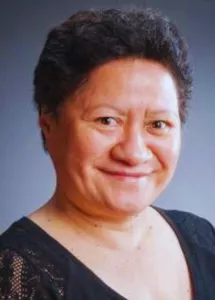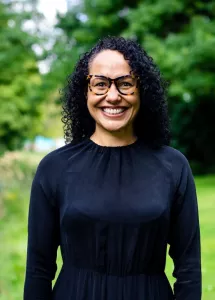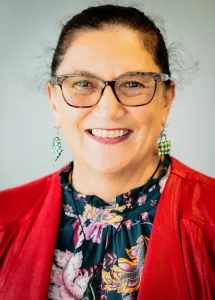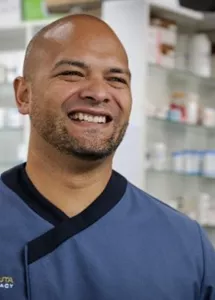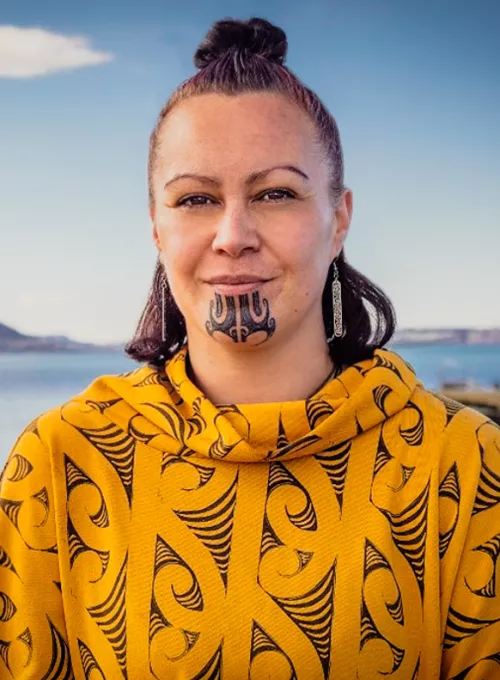
Mataku-Ariki de Roo is passionate about creating kaupapa Māori spaces for people to share their experiences of mental health and suicide prevention and postvention.
In 2019, Mataku-Ariki established the Patua Te Taniwha Charitable Trust after the loss of her father to suicide and encountering the ripple effect. After reaching out for help, she found that the support she received from the health system didn't benefit her in the long term. Instead of medication and six weeks of counselling, which was not long enough, she discovered that connecting with the "ngahere, wai, marae and wairuatanga” was a more effective healing system. Mataku-Ariki was then determined to see more Te Ao Māori accessible well-being kaupapa.
She began her mahi in this field as a HopeWalk volunteer in 2018 and shared her personal story of loss; attendees responded by sharing their stories and asking her where they could get support. After observing the community rally together, kōrero and laugh inspired Mataku-Ariki to create the Hope Walk-Picnic, an initiative to enable the community to continue to connect and kōrero. An attendee asked Mataku-Ariki if there would be events that encouraged Mataku-Ariki to think and reflect.
Upon reflection, Mataku-Ariki collaborated with friends who had lived experience with whakamomori so she could continue to offer support and guidance to her community and established Patua Te Taniwha Trust. The vision is to "Utilise a kaupapa Māori approach to encourage more whānau Māori to connect, talk and share".
Currently, the Rotorua-based Trust organises regular Wairua Healing spaces utilising tohunga to give the community free access to traditional and alternative healing modalities. They provide needs-based scholarships for tamariki and rangatahi aged 9-19 to support them with their mātauranga, hākinakina and hauora.
They coordinate Ride 4 Life, a motorcycle awareness kaupapa encouraging more men to attend and kōrero. The Trust also provides a koha to bereaved whānau to support with the tangihanga of their loved one. A whakatauki the Trust promotes is “"Ma te kotahitanga e whai kaha ai tātau - In unity we have strength”
In 2021, Mataku-Ariki received the LikeKeeper Award for her mahi supporting whānau who have lost loved ones to suicide.
Links:
Mataku-Ariki de Roo - Patua Te Taniwha
Rotorua events to offer to raise awareness and help healing around suicide
Darkness and light: Stories of hope from whānau bereaved by suicide
